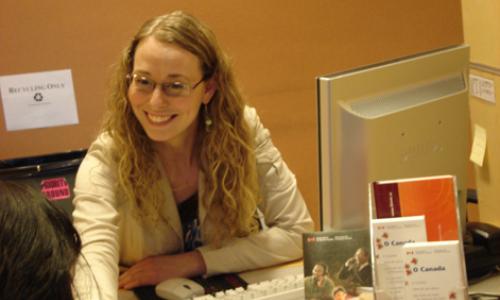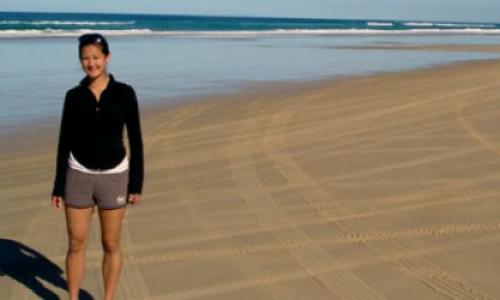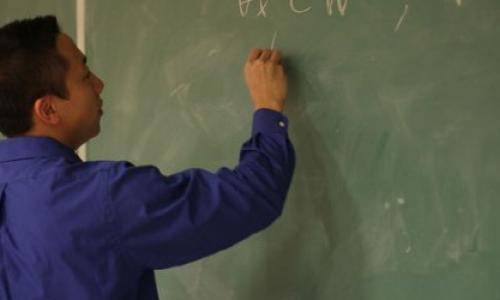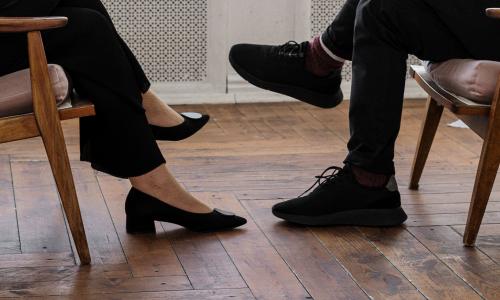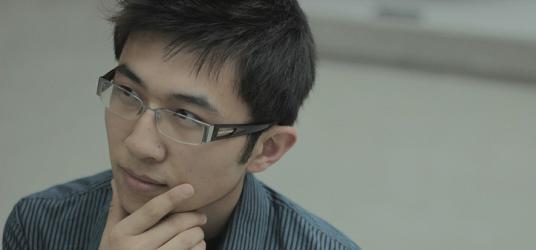
If you’re anything like me, you’ve found yourself facing some tough questions when considering your post-secondary education. What should you study? What level of degree should you get? And most importantly, what careers could that degree lead to? It often feels like you are expected to know all the right answers from the start, so admitting that you may not have made the best decision can be difficult. The idea of leaving behind something in progress to start again in a different direction can be very daunting, so what do you do when it seems that what you have chosen initially just isn’t right for you?
At one point, I found myself in this position during my studies. I started in a program more related to what I thought I should be doing, as opposed to what I would actually enjoy doing. Thanks to this, I resented my classes, and frankly the whole university experience. Luckily, I was able to move past that and get to a better place by asking myself a few key questions that I would like to share with you, in case you find yourself in a similar situation.
What led you to choose this area of study in the first place?
If your answer is “because somebody told me to,” or “because I felt pressured to head in that direction,” do yourself a favour and reclaim your education. Regardless of what other people in your life think, it won’t make your days any better if you are struggling to find purpose in what you are doing. This is your life and your future; don’t do yourself a disservice by being cheated out of pursuing your own interests.
What’s keeping you in this program?
Do you enjoy what you are doing? Do you find meaning in your academic pursuits and future goals? If the answer to both of these questions is no, then what is keeping you tied down to this area? Maybe it is a fear of the unknown, or maybe you are hoping things will get better. However, if you continue to feel dissatisfied, perhaps you might be more fulfilled pursuing something else.
What would you like to gain from your post-secondary experience?
Are your studies just a means to an end, or is it about the journey? Some people just want to get a degree so they can land whatever job they qualify for. I may have felt similarly in the past, but eventually realized that I hoped to look back on my education with a feeling of sentimental nostalgia for what I studied. So ask yourself: what is it that you are seeking?
After asking myself these questions, I realized that I no longer had an interest in what I was studying, and wanted more from my education. It was time for a change! Looking for some guidance, I went to visit an SFU career advisor who, with the help of Johnny Bunko, opened my eyes to the idea of focusing on my strengths instead of sticking to a linear plan. I decided that it was better to take a detour than risk being unhappy for any longer, and I have never looked back.
Now I enjoy my studies and have been offered great experiences due to my interest in the field. By capitalizing on your strengths and being passionate about what you do, you stand to gain a lot more from your post-secondary experience and open the door to untold opportunities along the way!










